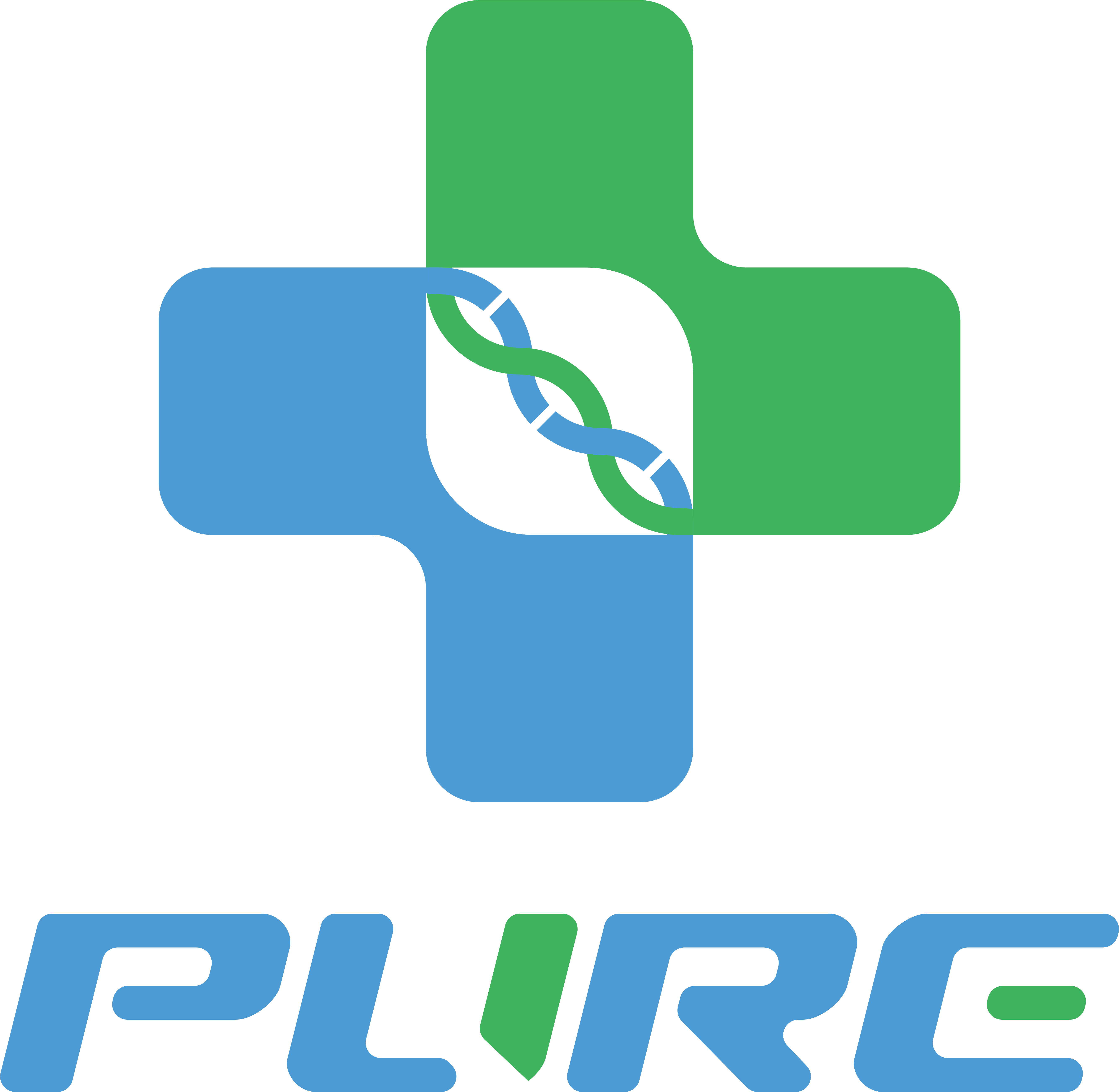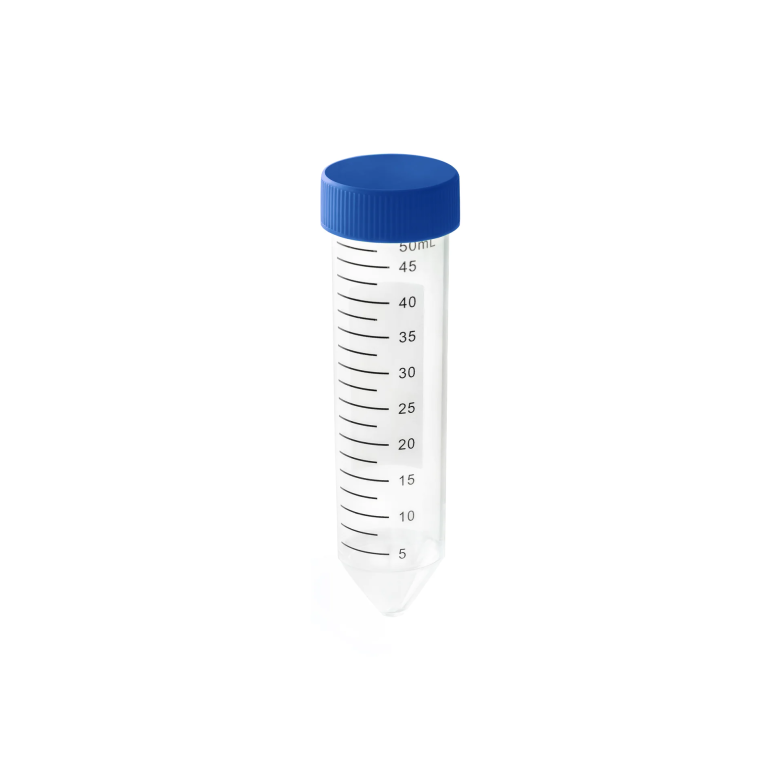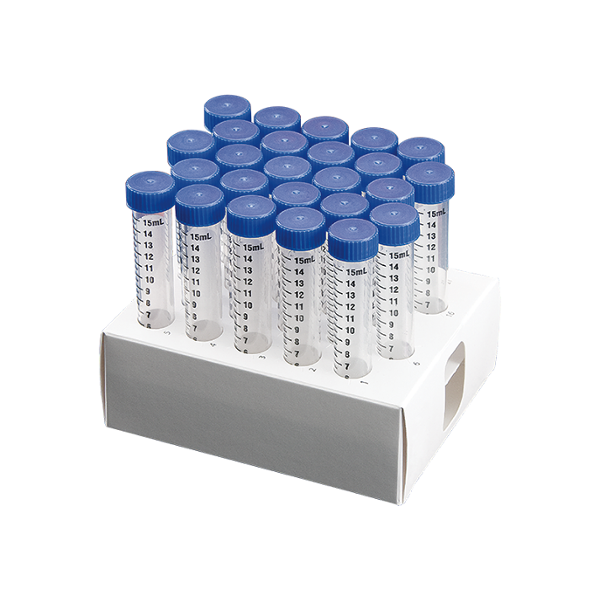A pipette tip is a disposable cone-shaped attachment used on the end of a pipette. Some key points about pipette tips:
- Pipette tips provide a contamination-free environment for pipetting liquids. They are discarded after use to prevent the carryover of substances between pipetting operations. This is important when handling hazardous, toxic, or biological fluids.
- Pipette tips come in a range of volumes to match different sizes of pipettes. The tip volume should be slightly larger than the pipette volume to provide enough headspace for the dispensed liquid. Tip sizes range from 0.1 up to 50 ml.
- Pipette tips are made of materials that are chemically compatible with the liquids being dispensed. Common materials include polypropylene, polyethylene, polystyrene, and virgin polyolefins. These plastics are non-reactive, odorless and have low binding affinity.
- Filtered pipette tips contain a membrane filter to prevent aerosols and contaminants from entering the pipette. They are used when dispensing liquids containing infectious agents or in sterile procedures. The pore size of the filter depends on the application.
- Low-retention pipette tips are specially treated to minimize liquid retention on the inner surfaces. This reduces sample loss and carryover, especially when handling volatile or precious fluids. Silicone treatment or silanization is commonly used for low retention tips.
- A pipette tip should securely attach to the end of a pipette, but also be easy to eject after use. Some tips use interference fit, others have ridges or collars to attach to the corresponding pipettes. Ejector mechanisms on most pipettes push out the used tips.
- Pipette tips are sorted by hand or machine into racks or trays. Automated tip sorting and handling systems are available for high-throughput pipetting operations. These systems can pick up, sort, and load/unload thousands of tips per hour with minimal cross-contamination.
- Leading brands of pipette tips include Eppendorf, Rainin, Gilson, Thermo Scientific, etc. Pipette tips are relatively inexpensive, ranging from a few cents to a couple of dollars depending on the volume and type.


